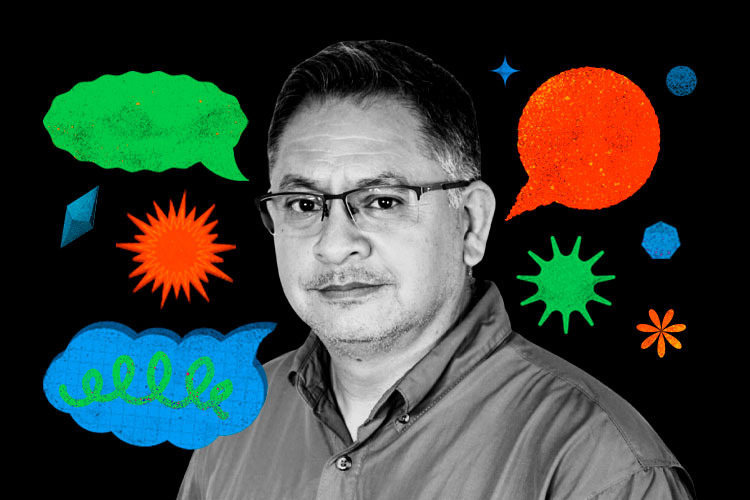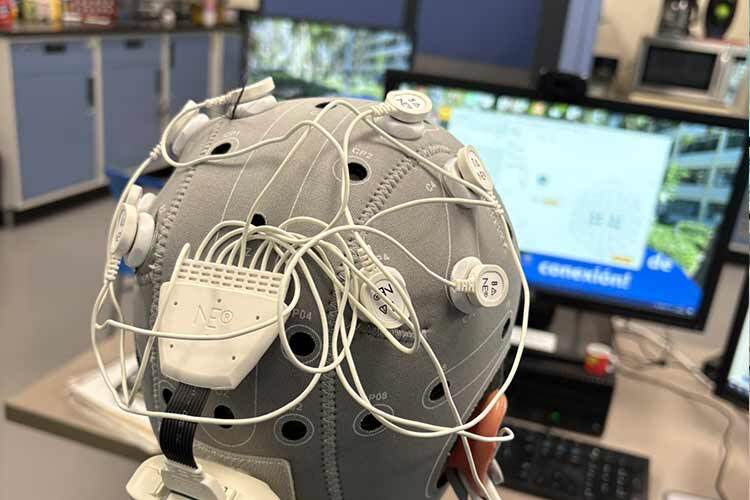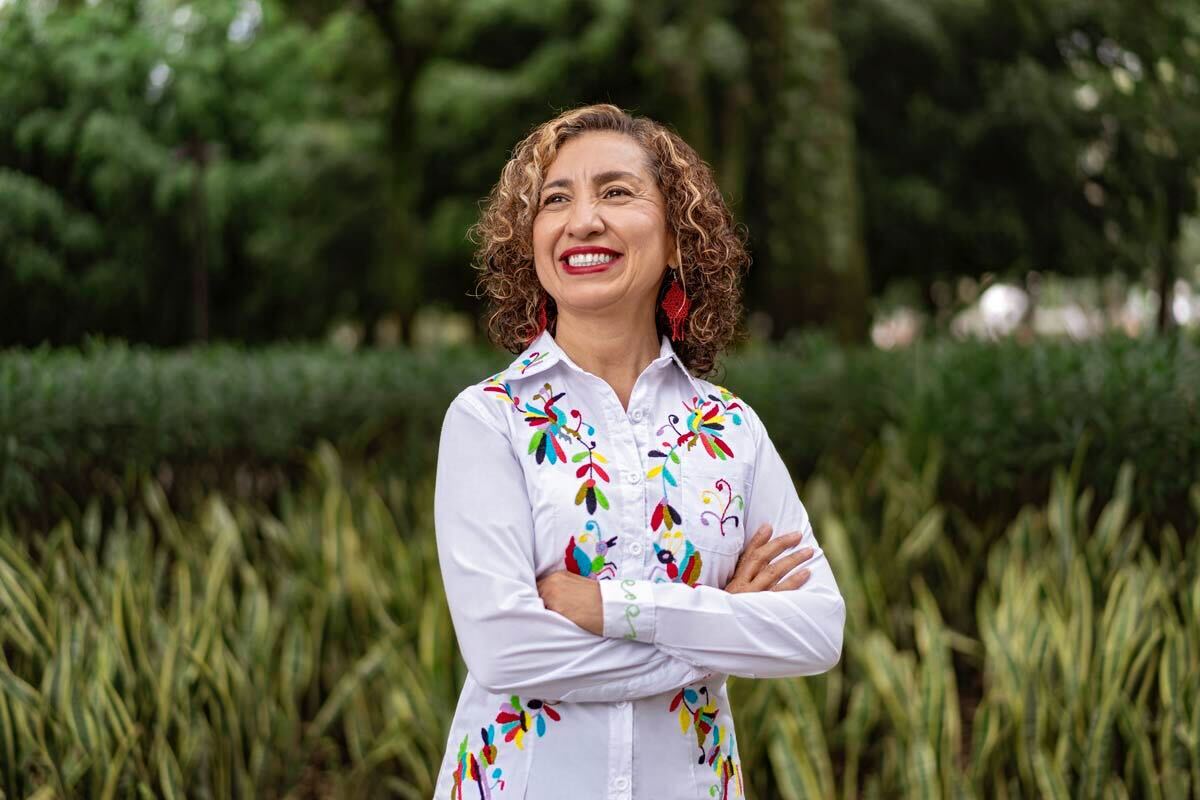Tec de Monterrey founded Innovation Hub Europe (IHE) in the Spanish community of Cantabria to promote international collaboration between Latin America and Europe.
The Hub is a private foundation with links to Tecnológico de Monterrey’s Institute for the Future of Education (IFE), which operates as a research center for educational innovation and a space for international collaboration between Latin American and European researchers.
“As what we’re trying to do is attract European funding, we’ve set up a private foundation at the invitation of the community of Cantabria,” explains IHE director Miguel Angel Montoya in an interview with TecScience.
This goal will be achieved by seeking to hire European scientists and bringing Tec researchers into the region where the research is done or by collaborating with expert partners.
“The funds must be used in Europe. Therefore, the challenges we take on must be those of interest to that continent and must help solve problems experienced there because the money comes from European taxpayers,” explains Montoya.
Initially, IHE will be linked to IFE, so research will be focused on Artificial Intelligence (AI) and data science applied to adaptive learning; neuroeducation to better understand how people learn; and lifelong learning to stay relevant in the labor market.
“That doesn’t mean that we won’t be able to help researchers from the schools of Engineering and Sciences, Social Sciences and Government, Humanities, Business, or Medicine if they come looking for us. The foundation is an arm of the Tec in Europe,” he remarks.
Some research is already underway on AI and language; lifelong learning for rural regions in Europe; skills and jobs of the future; open education labs; and virtual reality learning and profiling for the future.
These research projects will be conducted jointly with universities in Poland, Portugal, and Switzerland, for example.
“We would welcome an approach from any researchers, from the IFE or elsewhere, especially those who have previously completed their studies and done research in Europe,” says Montoya.
Having a Hub in Europe will allow access to Horizon Europe and Erasmus+ programs, among others, while positively impacting the region through technology transfer initiatives.
Education is a challenge for the whole world
Nowadays, education poses similar challenges in different parts of the world. According to IFE director Michael Fung, one of the priorities across all continents is to adapt education to new times.
“It has always been important, but our current challenges are that the educational models we used before are becoming increasingly less tailored to the needs of industry and society,” Fung explains.
As an example of this, the IFE director refers to the European Union’s recommendation that educational institutions grant micro-credentials by means of condensed courses to improve employability and encourage lifelong learning.
This is why the lines of research developed at the new IHE will also be examples to follow in Mexico.
“Educational challenges apply to most of the countries in the world. I have seen this in Asia, Latin America, and the United States. Certain projects could provide us with comparative data,” he says.
For Fung, the benefit of opening the Hub in Europe is that it expands the possibility of collaborative research to other parts of the world.
On October 30, IHE officially inaugurated its facilities during BootCamp: Building the future of education together: innovation, interdisciplinary research and open science, an event designed to encourage researchers from European institutions to propose research projects for collaboration with researchers from Tecnológico de Monterrey.

















